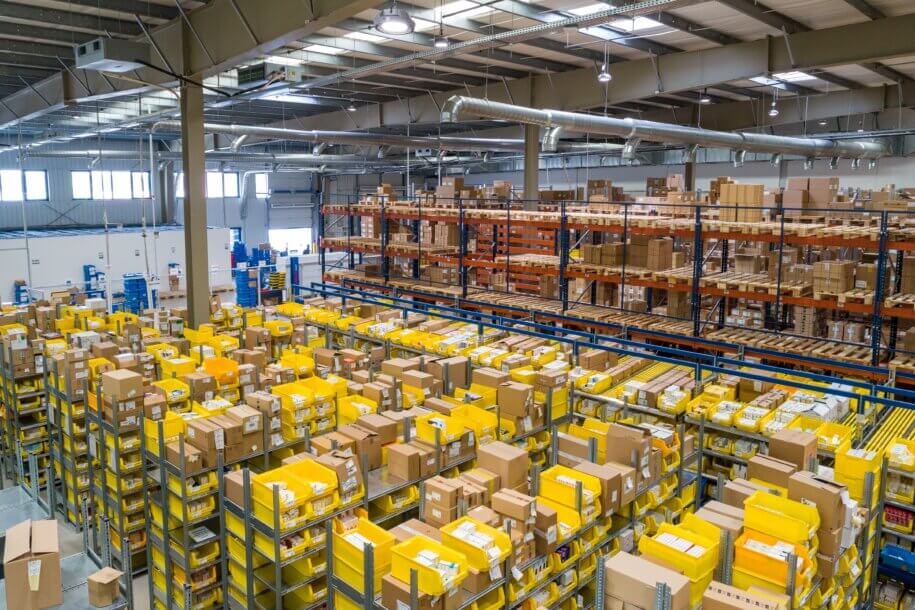Amazon's ESG Leap: Mandating Suppliers to Report Emissions and Set Climate Goals
Amazon, the global e-commerce giant, has taken a significant step towards environmental sustainability by updating its Supply Chain Standards. According to the company’s 2022 Sustainability Report, from next year, Amazon will require its suppliers to report their carbon emissions data and set emissions reduction goals. This move is part of Amazon’s broader initiative to achieve net-zero carbon emissions by 2040.
Kara Hurst, Vice President and Head of Worldwide Sustainability at Amazon, emphasized the importance of this initiative, stating, “Reaching net-zero carbon by 2040 requires Amazon to reduce its carbon footprint across our entire business, including our vast global supply chain. Like many companies our size, this is challenging, as these are activities that take place outside our direct operational control.”
This development is a significant stride in the realm of ESG (Environmental, Social, and Governance) ratings. ESG ratings are a measure of a company’s resilience to long-term, financially relevant ESG risks. By requiring suppliers to report their emissions and set climate goals, Amazon is effectively expanding the scope of ESG considerations beyond its immediate operations. This move could encourage other businesses to adopt similar measures, thereby promoting a more sustainable and accountable business environment.
The report also revealed that Amazon’s total carbon footprint declined by 0.4% in 2022, including a 0.7% decrease in Scope 3 emissions, despite a 9% revenue growth during the year. Scope 3 emissions, which account for over three-quarters of Amazon’s emissions footprint, originate in the company’s value chain outside of its direct control.
Amazon’s decision to require suppliers to report emissions and set climate goals is undoubtedly good news. It not only demonstrates the company’s commitment to sustainability but also sets a precedent for other businesses to follow. By extending ESG considerations to its supply chain, Amazon is helping to shape a future where ESG ratings become a standard part of business operations, leading to a more sustainable and accountable corporate world.
The company’s commitment to helping its suppliers transition to carbon-free electricity and its ongoing search for suppliers that align with its decarbonization vision further underscore its dedication to ESG principles. As Hurst noted, “Our potential for impact across our supply chain is big because it spans building materials, transportation, technical equipment, products, and packaging, and we look forward to having further impact in supply chain decarbonization.”
In conclusion, Amazon’s move to require suppliers to report emissions and set climate goals is a significant step towards a more sustainable future. It not only enhances the company’s ESG rating but also sets a precedent for other businesses, potentially leading to a broader adoption of ESG ratings in the business world. This development is indeed a positive one, and it will be interesting to see how it influences the future of ESG.
You can read the full report here .


